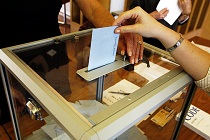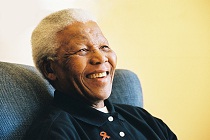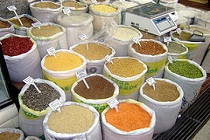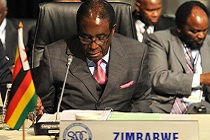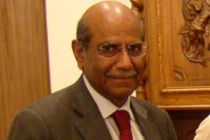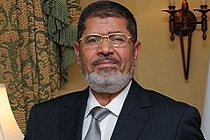50 elections in 2014: a year of democracy
The year 2014 will witness elections in some of the biggest countries including India, Brazil and Indonesia. Like in India, the participation of youth voters is likely to be an important determinant in the outcome of the elections. Gateway House examines the presence of issues common to India and the major countries going to the polls in early 2014

